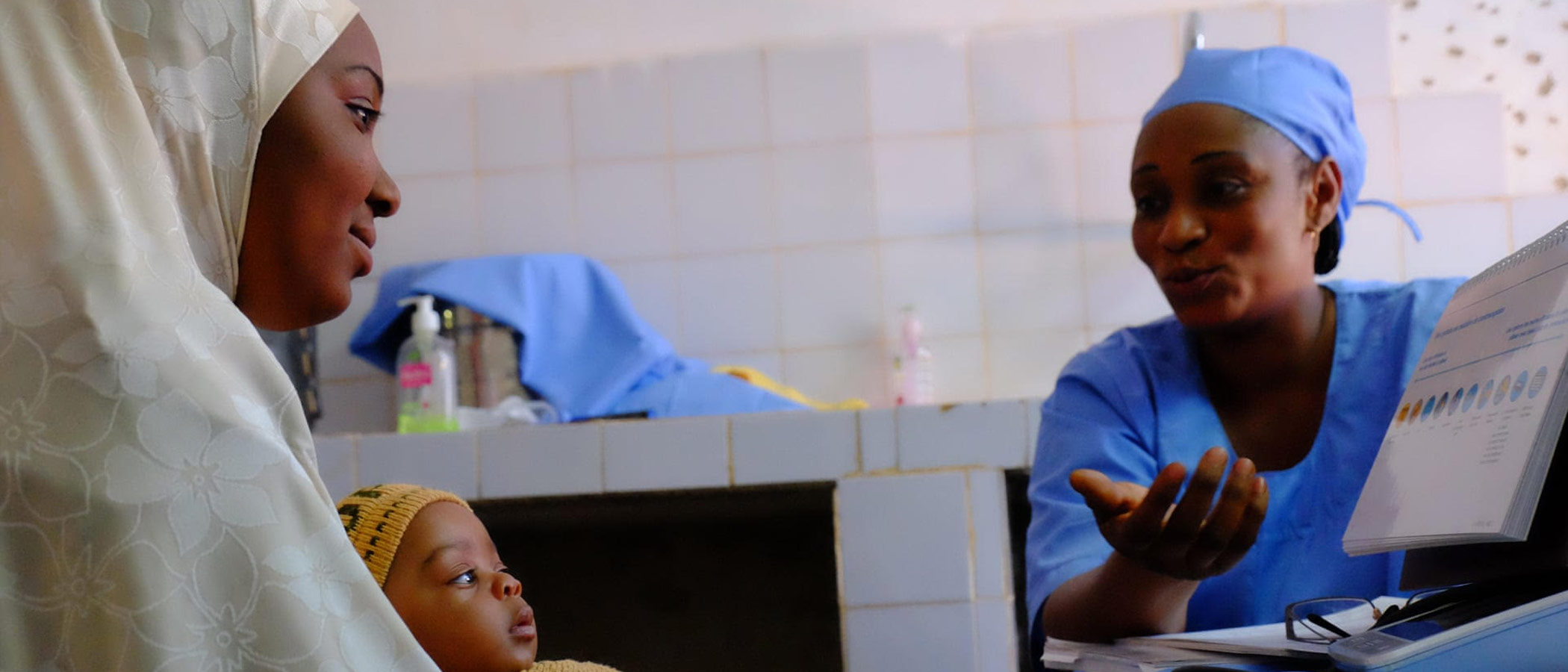Education can lead to improved livelihoods, better economic opportunities, delayed onset of marriage, and delayed childbearing. When coupled with access to quality sexual and reproductive health services, it can contribute to significant declines in maternal and child morbidity and mortality rates, unintended pregnancies, and unsafe abortions. Improved reproductive health and education at an individual level has a ripple effect on global fertility rates and population changes over time, which in turn can lessen the need for resources at a global level.
Substantially increasing investment for these human rights is an effective way to ensure inclusive, equitable economic development and boost health outcomes across generations, which can also impact future population growth over time. This policy brief highlights the urgent need for these strategies and their far-reaching, cumulative impacts, and details clear recommendations for advancing health and education as core human rights with cascading benefits for addressing climate change.
Download the brief by clicking the GET THE PUBLICATION button, and follow Project Drawdown online for more climate solutions resources all year long.

